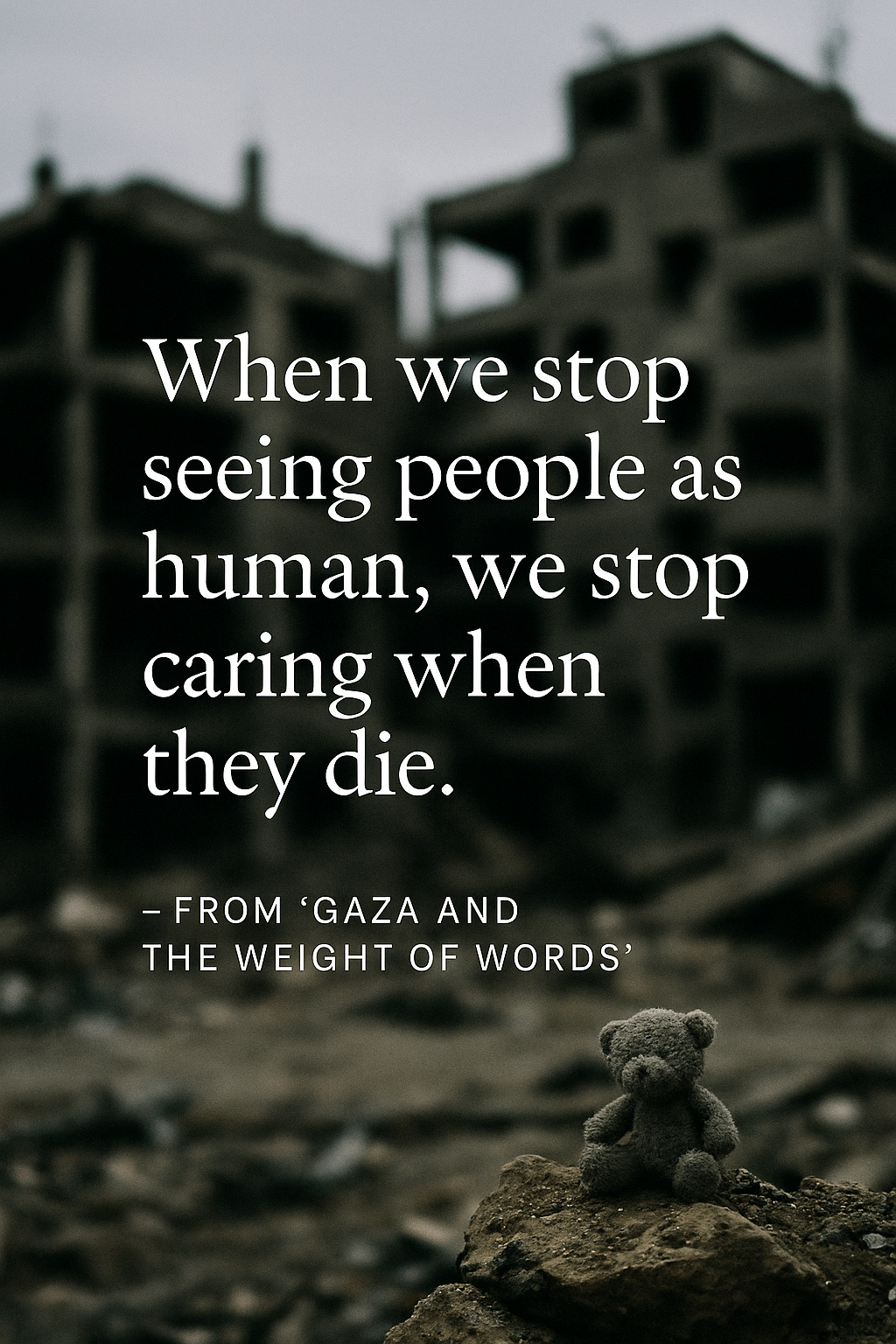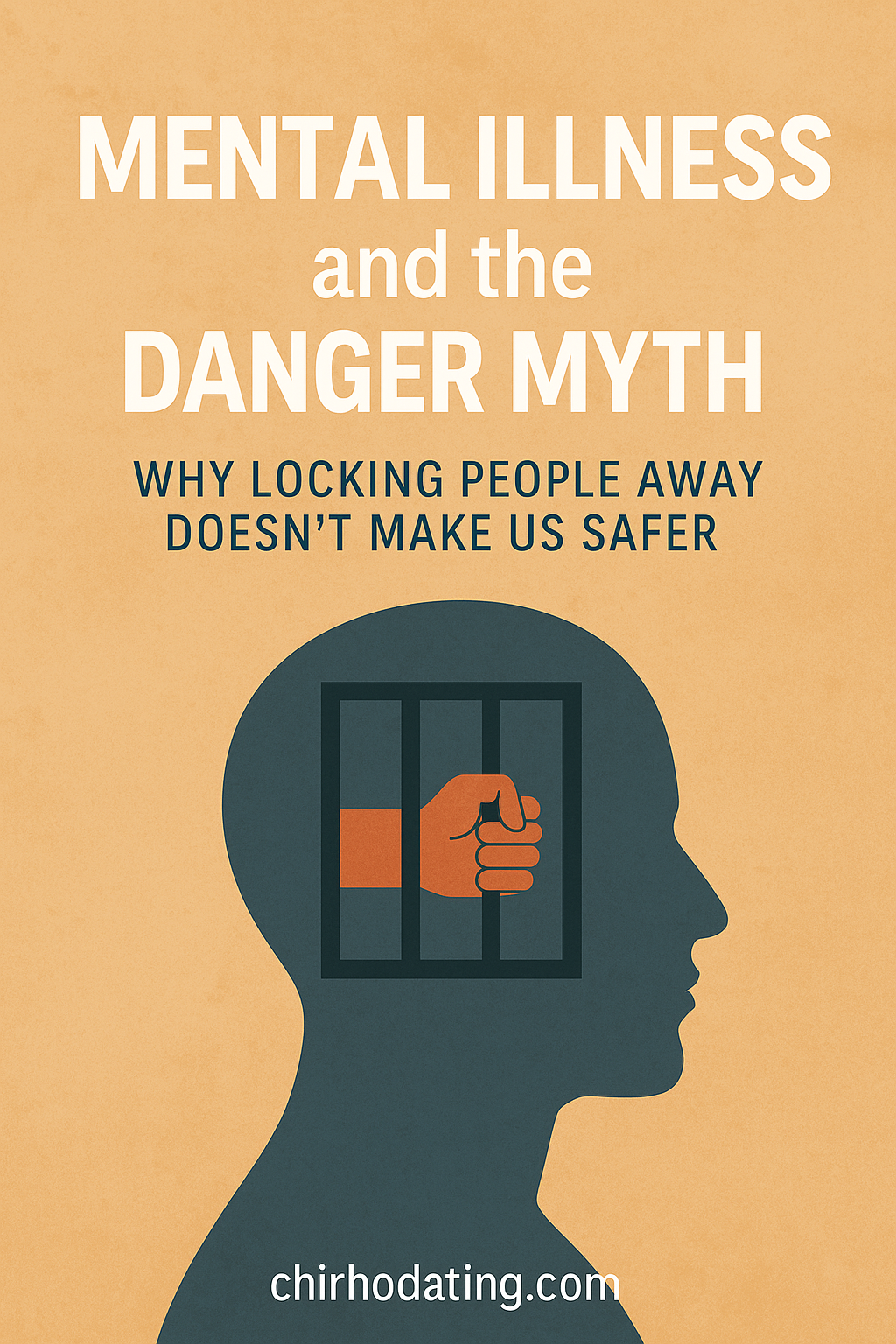We are a professional review company that receives compensation from companies whose products we review. We test each product thoroughly and give high marks only to the ones that are the very best. We are independently owned, and the opinions expressed here are our own.
Lately, I’ve been stuck in conversations that feel more like battlegrounds than discussions. One side yelling “genocide,” the other calling it “self-defense.” One side posting graphic photos, the other shouting “fake news” or “AI propaganda.” But the truth—uncomfortable as it may be—is that civilian suffering is very real, and it’s happening on both sides of this war.
We can debate politics, history, and legal definitions all we want. But we can’t afford to lose our humanity in the process. And we sure as hell can’t allow ourselves to become numb to the pain of people who had nothing to do with the decisions that put them in harm’s way.
What Counts as Genocide – And Why That Debate Matters
The word genocide isn’t just a label; it’s a legal term defined by the UN as actions committed with the intent to destroy, in whole or in part, a national, ethnic, racial, or religious group. That’s a high bar, and proving intent is notoriously tricky, especially during ongoing conflict.
Right now, multiple parties are calling on the International Court of Justice to investigate whether Israel’s actions in Gaza amount to genocide. Israel denies this, saying their goal is to dismantle Hamas, a group that has launched terrorist attacks, including killing civilians and taking hostages.
The debate is ongoing. And while the world waits for legal clarity, the suffering continues.
Innocent People Are Dying. That’s Not Up for Debate.
More than 30,000 people have reportedly died in Gaza, according to UN figures. Many of them are children. Homes have been turned into rubble. Hospitals have stopped functioning. Food and clean water are nearly impossible to find.
On the other side, Israeli families are still grieving those killed in the Hamas-led October 7th attack. More than 1,200 people died that day, including entire families. And many are still being held hostage—a constant, horrifying reminder that this war is anything but clean.
This isn’t about who started it or who’s justified. It’s about who’s paying the price. And too often, it’s civilians caught in the crossfire—used as pawns, dismissed as statistics, or worse, dehumanized entirely.
Propaganda, Fake Photos, and the Fog of Digital War
Let’s address something that’s been spreading like wildfire on social media: claims that Hamas is faking deaths, using AI to generate images of dead children, or digging up old graves to stage funeral footage.
Is there disinformation being circulated? Almost certainly. Both sides have an incentive to manipulate public opinion. But using the existence of fake content to deny the reality of civilian death entirely is a dangerous and deeply inhumane slope.
Desensitization is a real problem. When people get bombarded with real and fake content, the instinct is to stop caring altogether. To doubt everything—even when the evidence is overwhelming. But disbelief doesn’t make suffering disappear.
Dehumanizing Language Doesn’t Protect Anyone
One of the most disturbing trends I’ve seen is how casually people speak about civilians in Gaza or Israel as if they’re less than human. Words like “animals,” “collateral,” “terrorist babies”—these aren’t just cruel. They’re a warning sign.
History has taught us that atrocities don’t begin with bullets. They start with words. People are being reduced to enemies, categories, or threats. When we stop seeing each other as humans, we stop feeling accountable for what happens to each other.
Justice Shouldn’t Be Selective
If Israel has committed war crimes or violated humanitarian law, those responsible must be held accountable. If Hamas has used civilians as shields or diverted aid, they too must be held to justice. This isn’t about taking sides. It’s about applying the same moral standard, no matter who’s holding the weapon.
Too often, people excuse one crime because of another. “Well, they did this first.” But pain isn’t a scoreboard. And justice doesn’t work on a punch-counter system.
Complexity Is Not an Excuse for Silence
I get it. It’s easier to pick a side and stick with it. To declare one group as the villains and the other as the victims. To share a post and feel like you’ve done your part. But this conflict is messy. The history is long. The politics are dense. And the truth? It doesn’t always fit neatly into a tweet or a slogan.
Still, we owe it to the dead—and the living—not to look away. Not to reduce their suffering to propaganda, or worse, to justify it because of our personal biases.
We need to do better, speak with more care, and center humanity, not hashtags.
Final Thoughts
No matter what you believe about the politics of this war, one thing should be non-negotiable: the protection of innocent life. The moment we become comfortable justifying the death of children—or dismissing it entirely because of where it happened or who we think is to blame—we’ve lost something essential.
Not just as nations. Not just as voters. But as people.
Let’s argue about policies, not about whether human beings deserve dignity. Let’s challenge the powerful, not the powerless. And above all, let’s not let the noise drown out the screams of those who don’t have a voice.
Written by Dating Coach Rickard
A citizen, a human being, and someone who believes that no child should die for someone else’s politics.



